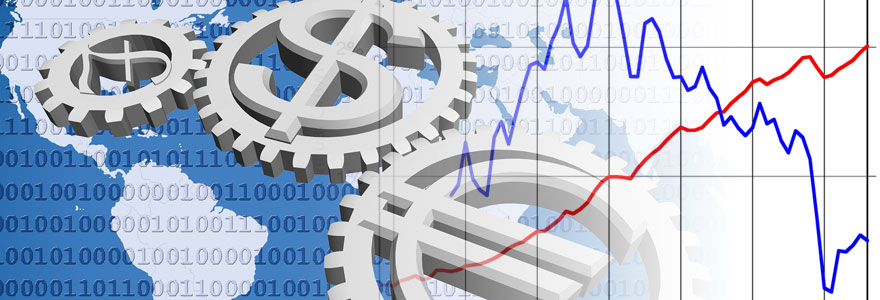News and Updates
Contact
Faculty of Social Science
Social Science Centre
Room 9438
Western University
T. 519-661-2053
F. 519-661-3868
E. social-science@uwo.ca
Increased tariffs mean increased risks
June 18, 2019
Story by Rob Rombouts
Increased tariffs risk manufacturing jobs, and risk tearing apart the world order that has existed since the Second World War.
These are some of the conclusions John Whalley has come to.
Whalley, Professor Emeritus in the Department of Economics, has a long history of economic analysis, including acting as the Co-ordinator for Trade Policy Research on the MacDonald Commission, which recommended developing a free-trade agreement with the United States.
In a recent working paper, “Trade Protectionism and US Manufacturing Employment”, with co-authors Chunding Li and Jing Wang, Whalley developed economic models based on varying levels of tariffs on manufactured goods, and found that as tariff levels increase, the United States loses more on manufacturing employment, despite the level of tariffs, and despite the country against which tariffs are imposed.
The loss, accordingly to the models, comes as consumers would react to increased consumption price of manufactured goods and adjust their purchasing to favour non-manufactured goods.
But the loss in manufacturing employment would not be restricted to just the countries engaged in the tariff war, as overall prices for manufactured goods would increase, and there would be a decrease in demand for manufactured goods.
“Most people talk about increasing domestic employment,” said Whalley, “but they don’t take into account the substitution of manufactured goods for non-manufactured goods.”
But the impact of tariffs may not be limited to employment rates.
Whalley sees the recent trade and tariff decisions by President Trump as an over-riding of the trade commitments held by the United States, which undermines the question of economic and social order. As an example, Whalley points to the announcements of the ratification of the USMCA – the trade agreement intended to replace NAFTA – on the same day that Trump announced escalating tariffs against Mexican goods.
“After the lost years of the 1930s, countries re-established trade and order under the Breton-Woods agreement,” said Whalley. “This is falling apart now.”
Following the Second World War, and with the rise of the Soviet Union, the Breton Woods agreement and the General Agreement on Tariffs and Trade (GATT), and its successor organization the WTO, were multi-lateral trade agreements that were held together by security concerns. With the end of the Soviet Union in the early 1990s, the security purpose of these organizations disappeared.
“In the absences of these constraints of an American first policy, there has been a deep change in the US world view and political structure,” said Whalley, with many in the United States becoming more opposed to multi-lateral agreements. The United States is challenging the WTO and, Whalley said, there is nothing on the horizon to replace it.
“If trade is an engine of economic growth and development,” said Whalley, “it becomes quite serious if trade is curtailed.”
Through his time developing economic models, Whalley believes models can help contribute to the understanding of impacts, and models can be suggestive of factors that may have been neglected.
“I don’t advocated policy, but I provide new insights into policy through economic analysis,” said Whalley. “It’s up to policy makers to decide on policy.”

